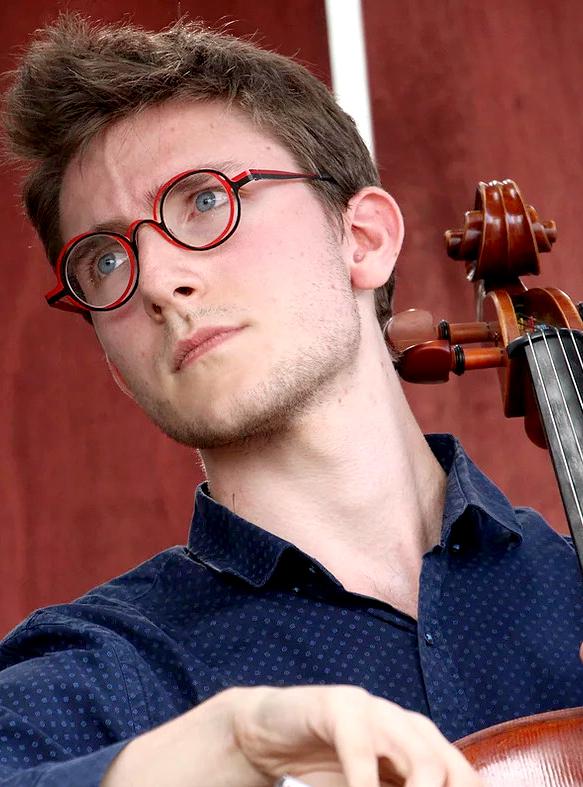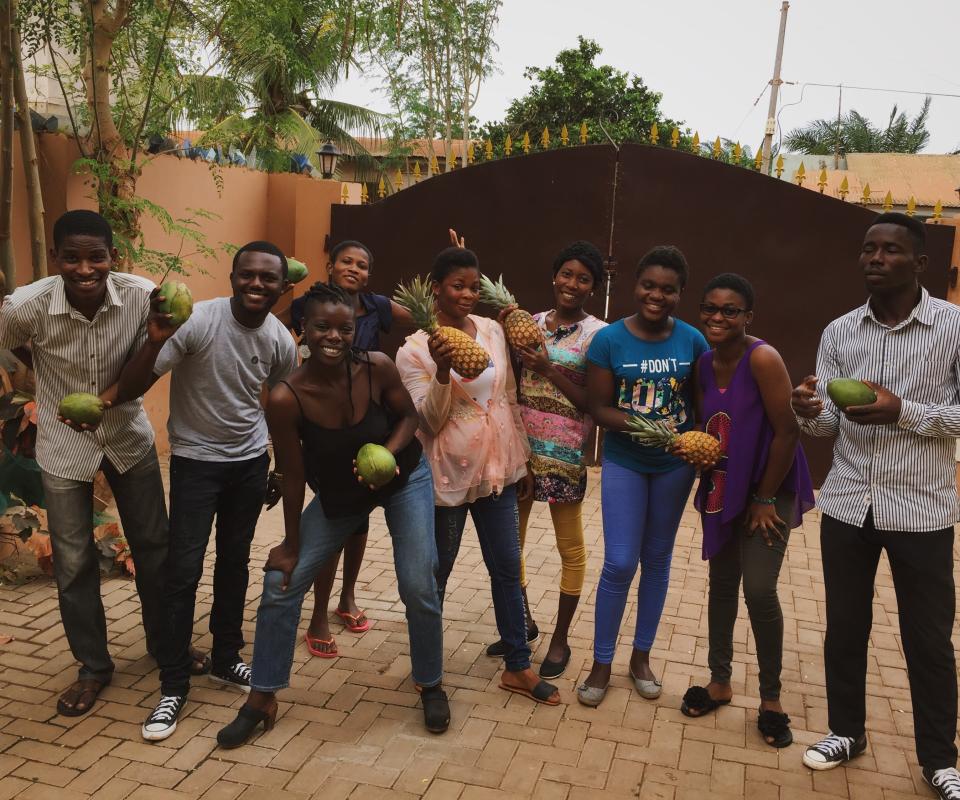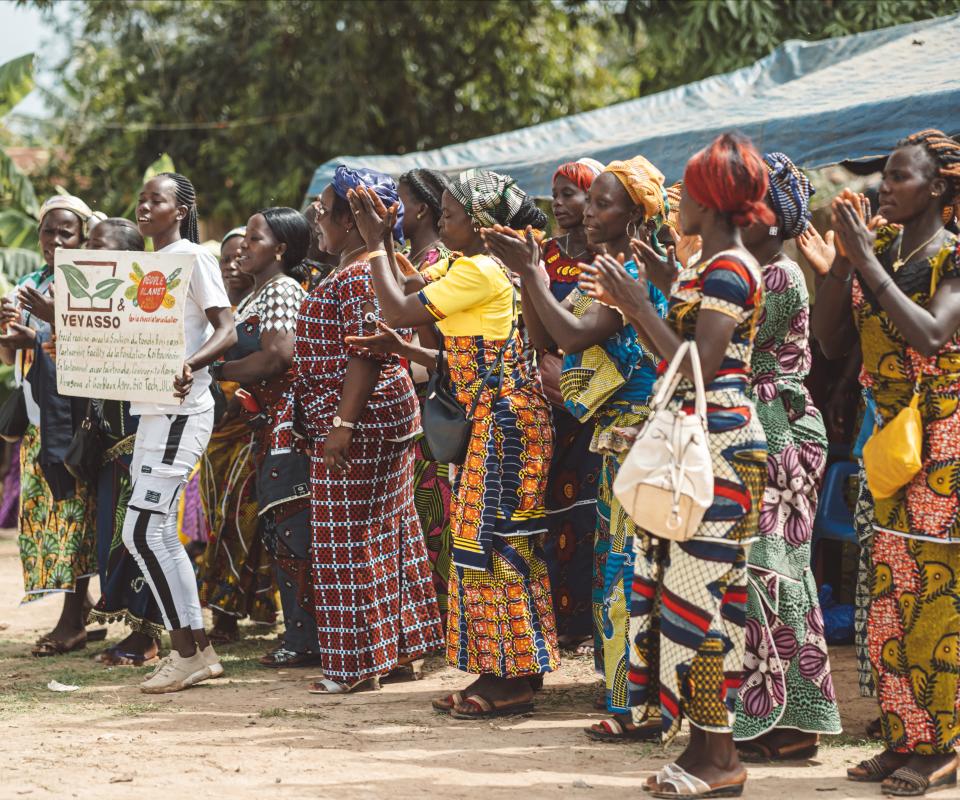
New life for musical heritage
Our musical heritage is magnificent when we see it in museums, but it is even more beautiful when instruments and old scores come back to life in front of a contemporary audience. The Heritage Fund manages an increasing number of instruments and manuscripts.
The Foundation’s Heritage Fund has already built a wonderful collection of pieces that bear witness to our musical heritage, whether through donations or acquisitions, and often with support from some of the philanthropic funds that it manages.
These works, including instruments, manuscripts and recordings, are sometimes too fragile for them to leave their display cabinets, but thankfully, this is not always the case. Music is a field, par excellence, which enables our heritage to live on for today’s listeners. This may be through giving young musicians the opportunity to play a high quality historical instrument, or by rediscovering and playing from an old score.
A beautiful example is Pierre Fontanelle, a young cellist from Namur, who has been accepted as a member of the Royal Opera of Wallonia in Liege, whilst continuing to study and train. Pierre has been loaned a cello dating from 1860, made by Nicolas François Vuillaume, who headed a workshop in Brussels during the 19th century and was the musical instrument maker for the Royal Conservatory.
This loan is just one illustration of the many collaborations afforded by the Heritage Fund. The cello was acquired by the Léon Courtin-Marcelle Bouché Fund. Management of the loan, which includes administration and follow-up, is provided by the Strings for Talents Fund.
Pierre Fontenelle is absolutely delighted with the opportunity given to him: “I am both ecstatic and honoured to have been loaned this cello, after a long search for a musical companion. This particular cello had not been played for several decades. However, now it has returned to its homeland, its silvery high notes and cavernous lower registers that so inspired me when I first played the instrument resonate once more.”
“A musician cannot create his ideal musical sound without an instrument of exceptional quality. Just as a painter who can project his imagination onto the canvas thanks to a complete and complex palette of colours and range of fine brushes, so I am confident that my artistic vision can bring out the musical depths of the cello that Nicolas-François Vuillaume made. However, this cello is much more than the simple material result of the mysterious science of creating a stringed instrument; it has a distinct, sonorous personality and particular sensitivities that belong more to a living person with whom I can create a relationship of confidence and respect.”
From manuscript to concert
It is extremely rare to see reappear a manuscript of compositions that have not been performed for centuries. The Chansonnier de Louvain (the Leuven Songbook), which was also acquired by the Léon Courtin-Marcelle Bouché Fund, is one such exceptional discovery.
This collection of polyphonic songs from the end of the 15th century, complete and covered in its original binding, had been forgotten until it reappeared in 2016. The songbook contains a sacred chant written in Latin and 49 secular songs in French. There are also previously unknow compositions, which make the songbook extremely interesting for the history of music.
The Chansonnier de Louvain has been entrusted to the Alamire Foundation in Leuven, the international music centre for the study of music from the Southern Netherlands, which has been studying the musicology of this material. In 2017, the Solazzo Ensemble gave the worldwide première of these polyphonic songs in New York and since then they have been performed several times by professional singers.
We hope that it will soon be possible to perform La fiancée de Messine, the only opera created by the Belgian violinist and composer Henry Vieuxtemps (1820-1881). Some ten years ago, the heritage Fund was able to acquire the manuscript of this unfinished opera, thanks to the Manoël de la Serna Fund. Since then, the manuscript has been restored and, thanks to the influence of musicologist Agnès Vieuxtemps and orchestral conductor Nicolas Krauze, the opera has been reworked so as to be able to perform it in its entirety. So, all we need now is to await the worldwide première to crown this exceptional initiative.
Instruments for talented young musicians
In addition to the cello that Pierre Fontenelle plays, other instruments are available to talented young musicians, thanks to the King Baudouin Foundation.
It is with this aim that the Strings for Talent Fund purchases instruments. The first acquisition was in 2019 and is currently used by the cellist Florianne Remme. This was followed by the recent purchase of a quartet (two violins, a viola and a cello). Selection is currently underway of the musicians who will be loaned the instruments.
Another fund, whose female founder wishes to remain anonymous, has also acquired two cellos and two bows. One of the cellos has already been attributed to Diego Coutinho.
The Heritage Fund, for its part, has loaned a 19th century bow made to cellist Camille Thomas.
“I am both ecstatic and honoured to have been loaned this cello, after a long search for a musical companion.”
And finally, the Musician’s Instrument Fund helps young musicians to purchase their own instrument, through a savings plan to which the fund also makes a contribution. Two private owners have also made two violins available to two talented young musicians.
Other stories
Inspiring engagement!

Pure & Just: Sustainable growth, meaningful partnerships and economic empowerment
Business for development

Four founders explain how the Business Partnership Facility supports their sustainable businesses in Rwanda and Senegal
Business for development
“The relationship between funder and grantee is important,. Social entrepreneurs are passionate about what they do. Trust is critical in the sense of empowering implementers. I experienced that trust and that was empowering, the feeling that I have control to take decisions that I see are right for us.”

Yeyasso, the Ivorian cooperative where all hopes are allowed
International
“Yeyasso differentiates itself through its added value. We aim to become organic, equitable, carbon neutral, with no child labour and with zero deforestation.”